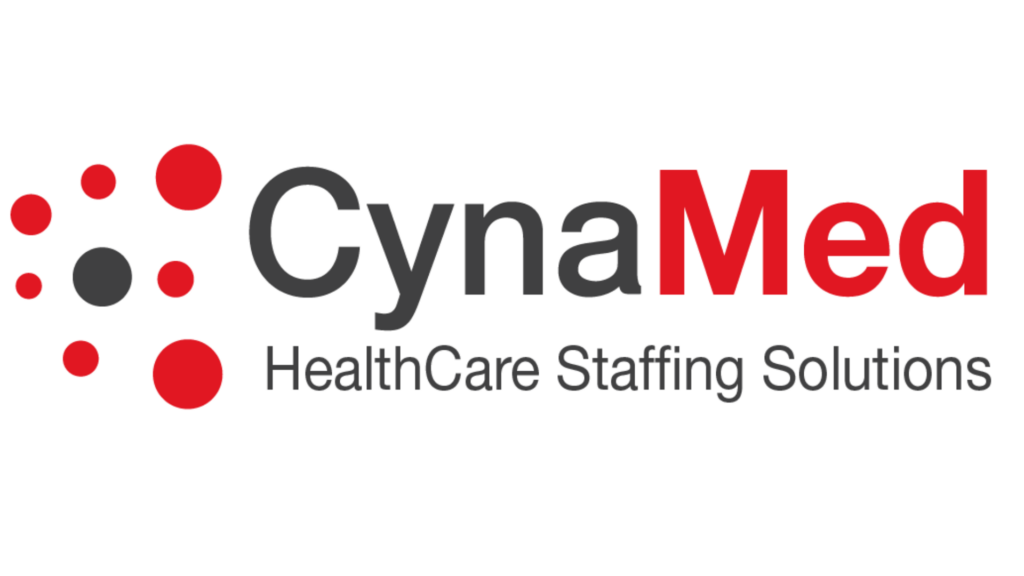There are a lot of good reasons why so many people choose a career in the healthcare industry. Most people employed in the healthcare industry find it to be a rewarding experience in many ways. It’s an industry that allows them to fulfill their desire to help people and make a difference in their lives while providing well-paying, stable jobs that offer many opportunities for career advancement. If you’re interested in pursuing a career in the healthcare industry, becoming a certified nursing assistant, or CNA, is a great place to start.
What Does a CNA Do?
CNAs provide basic care to patients in hospitals, nursing homes, long-term care facilities, or private residences. Working under the supervision of an LPN or RN, CNAs perform many duties, including basic patient care such as companionship, feeding, grooming, bathing, and dressing, taking vitals, recording patient information, maintaining a clean and sterile environment, and communicating with family members and healthcare professionals. These duties provide important experience for persons who wish to become an RN or BSN.
Education and Training Needed to Become a CNA
You don’t need a college degree to become a CNA. You only need a high school diploma or GED and 4 to 10 weeks of formal training. The typical CNA training includes classroom instruction along with clinical training. Some states also require CPR training as a prerequisite for receiving a CNA certification.
You can enroll in a CNA training program at a vocational and technical school or community college. You can study the coursework in person, online, or both. In some instances, hospitals and nursing homes may offer free CNA training to new employees.
After your training, you’ll be required to pass an exam to qualify you for inclusion into your state’s CNA registry.
Opportunities to Specialize
Being a CNA is a great place to begin a career in the medical field. CNA training provides a valuable foundation for advancing into a position as an LPN, RN, or BSN, or transitioning into a related, specialized area of expertise.
Here are a few CNA-related positions. Some may require additional training but not a college degree:
- Qualified Medication Aide: A QMA is responsible for dispensing medication to patients.
- Certified Medical Assistant: CMAs provide administrative and clinical support in physicians’ offices.
- Emergency medical technician (EMT)/Paramedic: EMTs provide emergency response medical care.
- Home health aide: As the name suggests, home, or personal, health aides, work with patients in their homes.
- Medical billing and coding technician: This is ideal for CNAs who are more interested in the business aspects of healthcare.
CNA to LPN, RN, or BSN
Many people enter CNA training with the intention of advancing to become a Licensed Practical Nurse (LPN), Registered Nurse (RN), or Bachelor of Science Nurse (BSN). These positions require greater training and knowledge, but also offer greater career rewards.
There are many programs designed to help CNAs make the transition to LPN or RN. Unlike becoming a CNA, these positions require a college degree in addition to specialized training. For example, an associate’s degree is necessary to become an LPN. Meanwhile, a bachelor’s degree is required to become an RN and a bachelor’s in science degree to become a BSN.
Get Your CNA Career Started On the Right Path
CNA jobs are in big demand in the medical field. If you are a CNA looking to get the experience you’ll need to advance your career in the healthcare industry, CynaMed HealthCare Staffing Solutions can help.
CynaMed is Pittsburgh’s Premier Healthcare Staffing Agency. If you are in Pittsburgh, western Pennsylvania, and Ohio, CynaMed can help you find high-quality, high-paying nursing jobs. We focus on providing jobs that will allow you to quickly move forward in your career. If you’ve recently become a nurse, congratulations! CynaMed HealthCare Staffing Solutions is here to help your career start out on the right path.






